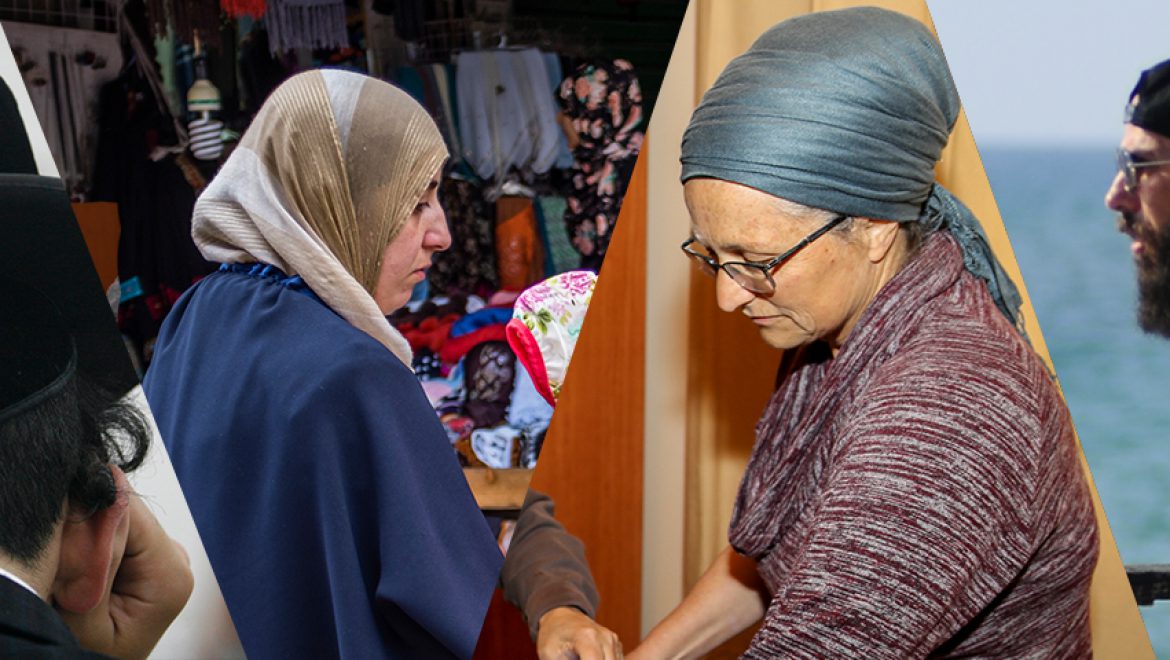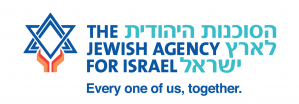The Conflicting Visions of Four Main Sectors of Israeli Society

In this fascinating article by Prof. Yedidia Stern, Vice President of the Israel Democracy Institute, the author outlines the character and vision of four major ideological groups in Israeli society: the secular Zionists, the ultra-Orthodox, the religious Zionists, and the Arab citizens. Noting that one community’s dream is the other’s nightmare, Stern summarizes the way in which each group relates to Judaism and the State of Israel, arguing that the compromise that will result from each group’s inevitable failure to realize its dreams actually opens up a window of hope for Israeli society.
These Four Conflicting Visions Will Determine Israel’s Future
In Israel’s cultural war, one community’s dream is another community’s nightmare. But if we are capable of pushing aside the smoldering embers at the extremes of each identity group and reinforcing the emerging trends toward change, the Israeli melancholy will soon be dissipated.
Within the Israeli public, we find four distinct visions of the country’s raison d’etre:
The secular Zionist vision aimed at creating an enlightened model society “like all nations” in a normal state, distinguished by its Jewish nationhood, seen as a substitute for the Jewish religion. Whilst in the era of Diaspora, secular Zionists understood that religion was essential for preserving the Jewish people’s identity as distinct from their surroundings, now that the Jewish people have their own public sphere, they saw no reason not to free themselves of the heavy burden of religion hanging on their necks.
The ultra-Orthodox vision is poles apart from this one. It rejects the Zionist aspiration for normalcy which it views as a form of forbidden Hellenization. The ultra-Orthodox view the Jewish state as having no intrinsic value, and only support the State (those among them who support the state at all) because it permits physical survival for Jews and because it serves as the financial patron that dispenses largesse to the Torah world. While secular Zionism sought to create a dramatic change in Jews’ life — a revolution — the ultra-Orthodox vision wishes to continue the life of the Diaspora in the Holy Land — evolution.
Religious Zionism is based on a third vision. It is allied with secular Zionism in the vision’s national component and with the ultra-Orthodox when it comes to the religious component. As its hyphenated designation —“Religious-Zionist” or “National-Religious”— indicates, religious Zionism speaks two languages and would seem to have the potential to serve as a bridge between the two worlds. However, this has proven to be a false hope. The Religious-Zionist vision is not a compromise or common denominator between the two visions, but rather a separate and autonomous worldview. It sees the state as a key step towards messianic redemption, which both the secular and the ultra-Orthodox view with disdain: for the ultra-Orthodox this view is tantamount to heresy, and for the secular, no more than a fantasy.
The fourth vision is that of the Arab citizens of Israel. In the vision documents they published more than a decade ago (“The Future Vision of Palestinian Arabs in Israel”), their leadership expressed an aspiration to neutralize every Jewish aspect of the state and turn the country into “a state for all its citizens.” Affiliation with a particular identity and group should not be the property of the state or public domain, but should be an individual, family, or community matter. In this view, Judaism is a religion and not a nationality, and so the secular Zionist narrative has no leg to stand on.
These visions are the fundamental components of the Israeli arena of public controversy and debate. Each holds with it a distinct picture of reality that requires different ways of coping with the dilemmas Israelis face in their daily lives.
And each vision has both achieved successes and suffered failures.
It is to secular Zionism that we owe the great success of the establishment of a Jewish nation-state that is militarily strong, economically stable and technologically advanced. But it has proved unable to uproot the deep-seated religious and traditional feelings of most Israelis.
The ultra-Orthodox have been able to revive the European world of Torah scholarship and observance that was destroyed in the Holocaust. But their strategy of self-segregation is on the verge of collapse. About half of them are directly linked to the information superhighway, with no filters, through their smartphone or computer. More than half of all ultra-Orthodox men are in the labor market, and thousands are streaming to academic institutions, despite being condemned as a “spiritual Auschwitz” by some of the community’s leaders. Ultra-Orthodoxy is undergoing a transformation.
In the past generation, Religious Zionism has moved to center stage and is even claiming hegemony. On its path to leadership, however, its vision has been watered down: the concept of Israel as “the first flowering of our redemption” remains in the liturgy, but is rarely translated into practical action. Religious Zionism has become largely bourgeois, and its political representatives have abandoned the Messianic perspective. Today, even the settlement enterprise is viewed by most of the religious Zionist community as a security and geopolitical imperative rather than as a station on the way to redemption.
The Arabs in Israel, who for many years felt relegated to the status of subtenant, neglected, discriminated against, threatened from the outside and internally divided, are making vast strides towards consolidating a distinct common identity. Their standard of living is gradually improving, thanks to significant government investments; the phenomenon of leaving villages to acquire a higher education is expanding. A large proportion of the Arab citizens of Israel are content with their Israeli identity and eager to integrate into the fabric of life. They would prefer a neutral, non-Jewish state, but are willing to make their peace with Israeli reality should a Palestinian nation-state comes into being. Their pragmatism is progressively subduing their leaders’ nationalistic rhetoric.
All four major identity groups in Israel are unable to realize their original vision in full. Their shared disappointment with this failure is the source of the Israeli melancholy. Yet, from an overall public perspective, it is the failure of each of these competing visions which opens up a window of hope for Israeli society as a whole. Imagine an Israel in which the secular public hold fast to their liberal values but are plugged into Jewish tradition; in which the ultra-Orthodox preserve their Torah-based ethos but are employed in productive occupations; in which religious Zionism continues to thrive and volunteer for national missions, but based on a realistic rather than messianic reading of the situation and without patronizing other groups and without religious coercion; in which the Palestinian Arabs foster their identity as a national minority, but see themselves as an integral part of the Israeli mosaic, as long as they enjoy full and equal civic rights.
Such an Israel is a thorn in the eyes of the stubborn ideologues of the four visions of Israeli identity. But it is a tried and true recipe for insuring Israel’s resilience and social solidarity, for stabilizing the system of government, and for flourishing socially, scientifically, culturally, and economically.



